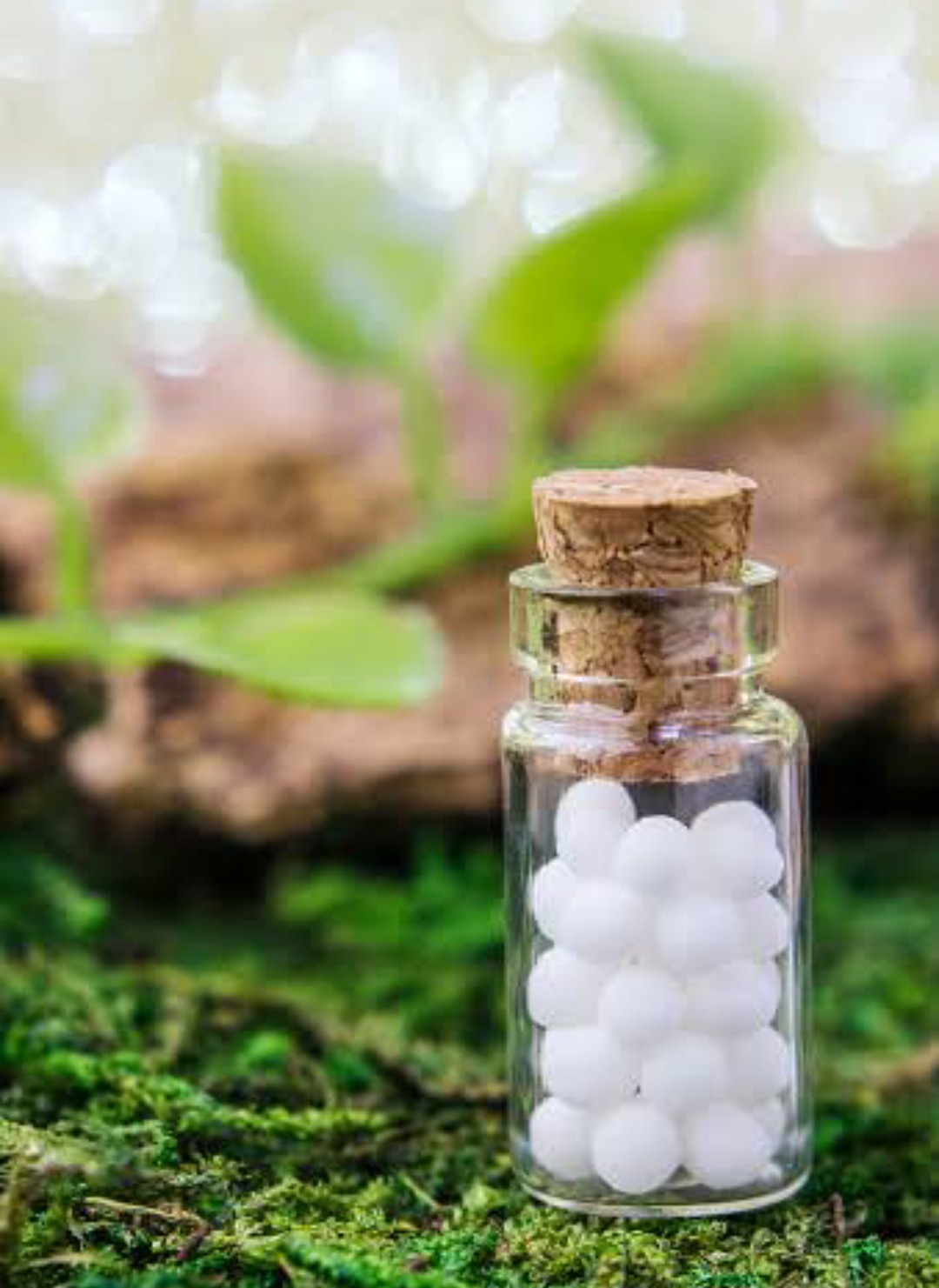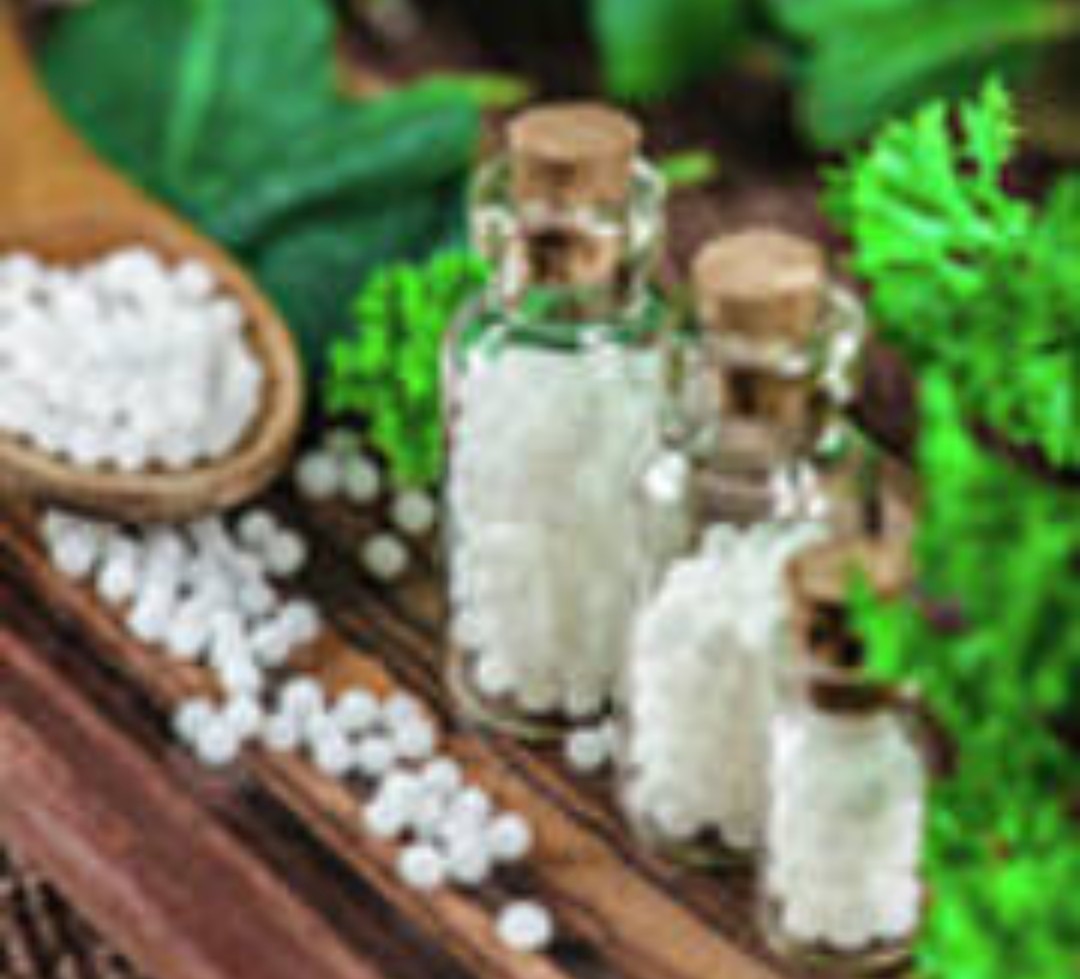Homeopathy is a natural and holistic approach to healthcare that has been used for over two centuries. It is based on the principle of “like cures like,” meaning that a substance causing symptoms in a healthy person can, in small doses, treat similar symptoms in a sick person. With a growing interest in natural and alternative therapies, homeopathic remedies have gained popularity for treating various common ailments. In this comprehensive blog post, we will explore some effective homeopathic remedies for common health issues, emphasizing the keyword: Homeopathic remedies.
What Are Homeopathic Remedies?
Homeopathic remedies are prepared through a process of serial dilution and succussion (vigorous shaking). This process enhances the healing properties of the original substance while minimizing its side effects. Homeopathic remedies are available in various forms, including pellets, tablets, liquids, and creams.
The History and Evolution of Homeopathy
The roots of homeopathy can be traced back to ancient Greek medicine, but it was Hahnemann who formalized the practice in the late 18th century.
Disillusioned with the harsh medical treatments of his time, Hahnemann sought a gentler, more natural approach to healing. Over the centuries, homeopathy has evolved and gained popularity worldwide.
Despite facing criticism from conventional medicine, it has established itself as a widely used alternative therapy, with millions of people benefiting from its gentle, individualized approach to healthcare.
How Homeopathic Remedies Are Prepared
Homeopathic remedies are created through a process called potentization, which involves serial dilution and succussion (vigorous shaking). A substance is diluted in water or alcohol, and the mixture is shaken repeatedly.
This process is believed to enhance the remedy’s healing properties while minimizing any potential toxicity. The final product contains very little, if any, of the original substance, but it is thought to retain the energetic imprint that stimulates the body’s healing response.
Homeopathic Remedies for Common Ailments
1. Cold and Flu
Remedy: Oscillococcinum
Oscillococcinum is a popular homeopathic remedy used to relieve symptoms of the flu, such as fever, chills, body aches, and fatigue. It is most effective when taken at the onset of symptoms.
Remedy: Aconitum Napellus
Aconitum Napellus is recommended for the early stages of a cold or flu, especially if symptoms come on suddenly after exposure to cold weather. It helps reduce fever, chills, and restlessness.
Remedy: Gelsemium
Gelsemium is useful for treating flu symptoms accompanied by fatigue, headache, and muscle aches. It is particularly effective for individuals who feel weak and drowsy.
2. Allergies
Remedy: Allium Cepa
Allium Cepa, derived from the onion, is effective for relieving allergy symptoms such as watery eyes, sneezing, and a runny nose. It is particularly beneficial for hay fever and seasonal allergies.
Remedy: Sabadilla
Sabadilla is recommended for allergies causing intense sneezing, itchy eyes, and a runny nose. It is especially helpful when symptoms are triggered by the smell of flowers.
3. Digestive Issues
Remedy: Nux Vomica
Nux Vomica is a widely used homeopathic remedy for digestive problems such as indigestion, bloating, and constipation. It is particularly beneficial for those with a sedentary lifestyle or who overindulge in food and alcohol.
Remedy: Arsenicum Album
Arsenicum Album is effective for treating food poisoning and digestive upset characterized by vomiting, diarrhea, and weakness. It is also helpful for anxiety and restlessness associated with digestive issues.
4. Headaches and Migraines
Remedy: Belladonna
Belladonna is used to treat headaches and migraines with sudden onset, intense throbbing pain, and sensitivity to light and noise. It is most effective for headaches that worsen with movement
Remedy: Bryonia
Bryonia is recommended for headaches that worsen with motion and improve with rest. It is particularly useful for headaches accompanied by nausea and irritability.
5. Stress and Anxiety
Remedy: Ignatia Amara
Ignatia Amara is beneficial for individuals experiencing stress and anxiety due to grief, emotional shock, or loss. It helps alleviate symptoms such as mood swings, crying spells, and nervousness.
Remedy: Kali Phosphoricum
Kali Phosphoricum is recommended for mental and physical exhaustion due to stress and overwork. It helps improve concentration, reduce anxiety, and promote restful sleep.
6. Skin Conditions
Remedy: Calendula
Calendula is a versatile homeopathic remedy used for various skin conditions, including cuts, scrapes, burns, and rashes. It promotes healing and reduces inflammation and infection.
Remedy: Sulphur
Sulphur is effective for treating skin conditions characterized by itching, burning, and redness. It is particularly useful for eczema, psoriasis, and acne.
7. Sleep Disorders
Remedy: Coffea Cruda
Coffea Cruda is recommended for individuals who have difficulty falling asleep due to an overactive mind. It helps calm the mind and promote restful sleep.
Remedy: Passiflora Incarnata
Passiflora Incarnata is beneficial for treating insomnia and restlessness, especially when caused by anxiety or nervousness. It helps induce a sense of calm and relaxation.
8. Respiratory Issues
Remedy: Spongia Tosta
Spongia Tosta is effective for treating dry, barking coughs and hoarseness. It is particularly useful for respiratory issues that worsen at night or with cold air.
Remedy: Phosphorus
Phosphorus is recommended for respiratory issues such as bronchitis and pneumonia, where there is a need to ease breathing and alleviate a dry, tickling cough.
9. Menstrual Problems
Remedy: Pulsatilla
Pulsatilla is beneficial for menstrual irregularities and symptoms such as mood swings, cramps, and headaches. It is particularly effective for women who experience emotional sensitivity during their menstrual cycle.
Remedy: Sepia
Sepia is recommended for women experiencing menstrual problems such as heavy bleeding, pain, and irritability. It is also helpful for menopausal symptoms like hot flashes and mood swings.
10. Joint and Muscle Pain
Remedy: Rhus Toxicodendron
Rhus Toxicodendron is used to treat joint and muscle pain that worsens with rest and improves with movement. It is particularly effective for arthritis and rheumatic conditions.
Remedy: Arnica Montana
Arnica Montana is widely used for treating bruises, sprains, and muscle soreness. It helps reduce pain, swelling, and inflammation.
Homeopathy vs. Conventional Medicine: Key Differences
Homeopathy and conventional medicine differ significantly in their approaches to treatment. Conventional medicine focuses on diagnosing and treating specific diseases, often using drugs or surgery to alleviate symptoms.
In contrast, homeopathy considers the individual’s overall physical, emotional, and mental state, aiming to restore balance and promote self-healing. Homeopathic remedies are natural, non-toxic, and tailored to the person’s unique symptoms, while conventional treatments may involve synthetic drugs with potential side effects.
Common Myths and Misconceptions About Homeopathy
Despite its long history and widespread use, homeopathy is often misunderstood. Some common myths include the belief that homeopathy is just a placebo, that it is ineffective for serious conditions, and that it is unscientific.
However, numerous studies and clinical experiences support the efficacy of homeopathy, and many patients report significant improvements in their health. Understanding the principles and evidence behind homeopathy can help dispel these misconceptions.
Homeopathic Remedies for Children’s Ailments
Children can benefit greatly from homeopathy, as it offers gentle, natural remedies for a range of common ailments. Homeopathic treatments are particularly effective for conditions such as colic, teething, ear infections, and behavioral issues.
Remedies like Chamomilla for teething pain, Belladonna for fevers, and Pulsatilla for colds and coughs can provide relief without the risk of side effects associated with conventional medications.
RELATED: Typhoid Fever: Symptoms, Diagnosis, and Prevention
Homeopathic Treatment for Chronic Conditions
Homeopathy can be an effective treatment for chronic conditions such as asthma, eczema, arthritis, and migraines. By addressing the underlying imbalances that contribute to these conditions, homeopathic remedies aim to provide long-term relief and improve overall well-being.
Remedies are chosen based on a thorough assessment of the individual’s symptoms, medical history, and constitution, ensuring a personalized approach to healing.
Integrating Homeopathy with Other Natural Therapies
Homeopathy can be successfully integrated with other natural therapies, such as acupuncture, herbal medicine, and nutritional therapy, to enhance overall health and well-being. Combining these modalities can provide a more comprehensive approach to treatment, addressing various aspects of the individual’s health and promoting optimal healing.
Safety and Side Effects of Homeopathic Remedies
Homeopathic remedies are generally considered safe and free from side effects, as they are highly diluted and made from natural substances. However, it is essential to use remedies as prescribed by a qualified homeopath to ensure their effectiveness and avoid any potential interactions with other medications.
In some cases, a temporary worsening of symptoms, known as a homeopathic aggravation, may occur, indicating that the remedy is working.
Choosing the Right Homeopathic Practitioner
Selecting a qualified homeopathic practitioner is crucial for receiving effective treatment. Look for a practitioner with proper training, certification, and experience in homeopathy. A good homeopath will take the time to understand your unique symptoms, medical history, and overall health, providing personalized care and appropriate remedies.
How to Use Homeopathic Remedies
1. Consult a Professional: It is advisable to consult a qualified homeopath or healthcare provider before starting any homeopathic treatment. They can help determine the most suitable remedy and dosage for your specific condition.
2. Follow Dosage Instructions: Homeopathic remedies are usually taken in small doses, often in the form of pellets or tablets. Follow the dosage instructions provided on the product label or by your healthcare provider.
3. Avoid Strong Aromas: When taking homeopathic remedies, avoid consuming or using products with strong aromas, such as coffee, mint, or camphor, as they can interfere with the remedy’s effectiveness.
4. Store Properly: Store homeopathic remedies in a cool, dry place, away from direct sunlight and strong odors.
Benefits of Homeopathic Remedies
- Natural and Safe: Homeopathic remedies are made from natural substances and are generally safe with minimal side effects.
- Holistic Approach: Homeopathy treats the individual as a whole, considering physical, emotional, and mental aspects.
- Non-Addictive: Homeopathic remedies are non-addictive and can be used for long-term treatment.
- Cost-Effective: Homeopathic treatments are often more affordable compared to conventional medications.
Final thoughts on Homeopathic remedies
Homeopathic remedies offer a natural and holistic approach to treating common ailments. By understanding and utilizing these remedies, you can address various health issues without resorting to conventional medications. Always consult with a healthcare professional before starting any new treatment to ensure it is appropriate for your condition.
Incorporate homeopathic remedies into your wellness routine and experience the benefits of a natural approach to health. Whether you’re dealing with colds, allergies, digestive issues, or stress, there’s a homeopathic remedy that can help you feel better.
For more information and to explore a wide range of homeopathic products, visit reputable sources and consult with experienced homeopaths. Embrace the power of homeopathy and take a step towards a healthier, more balanced life.
Note: This blog post is intended for informational purposes only and should not be considered medical advice. Always consult with a healthcare professional before starting any new treatment.
Follow our Facebook page for more in-depth Health tips and recommendations

